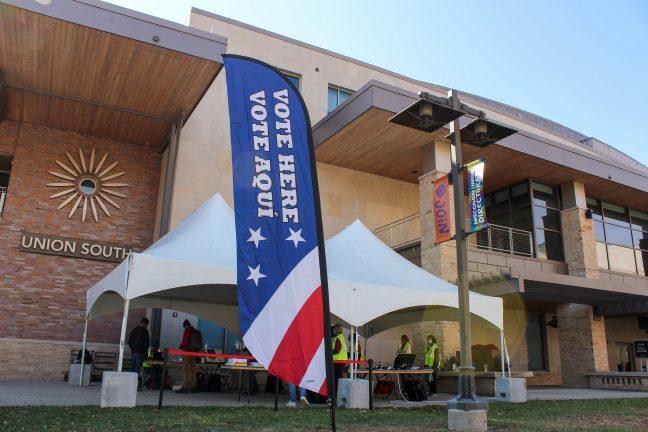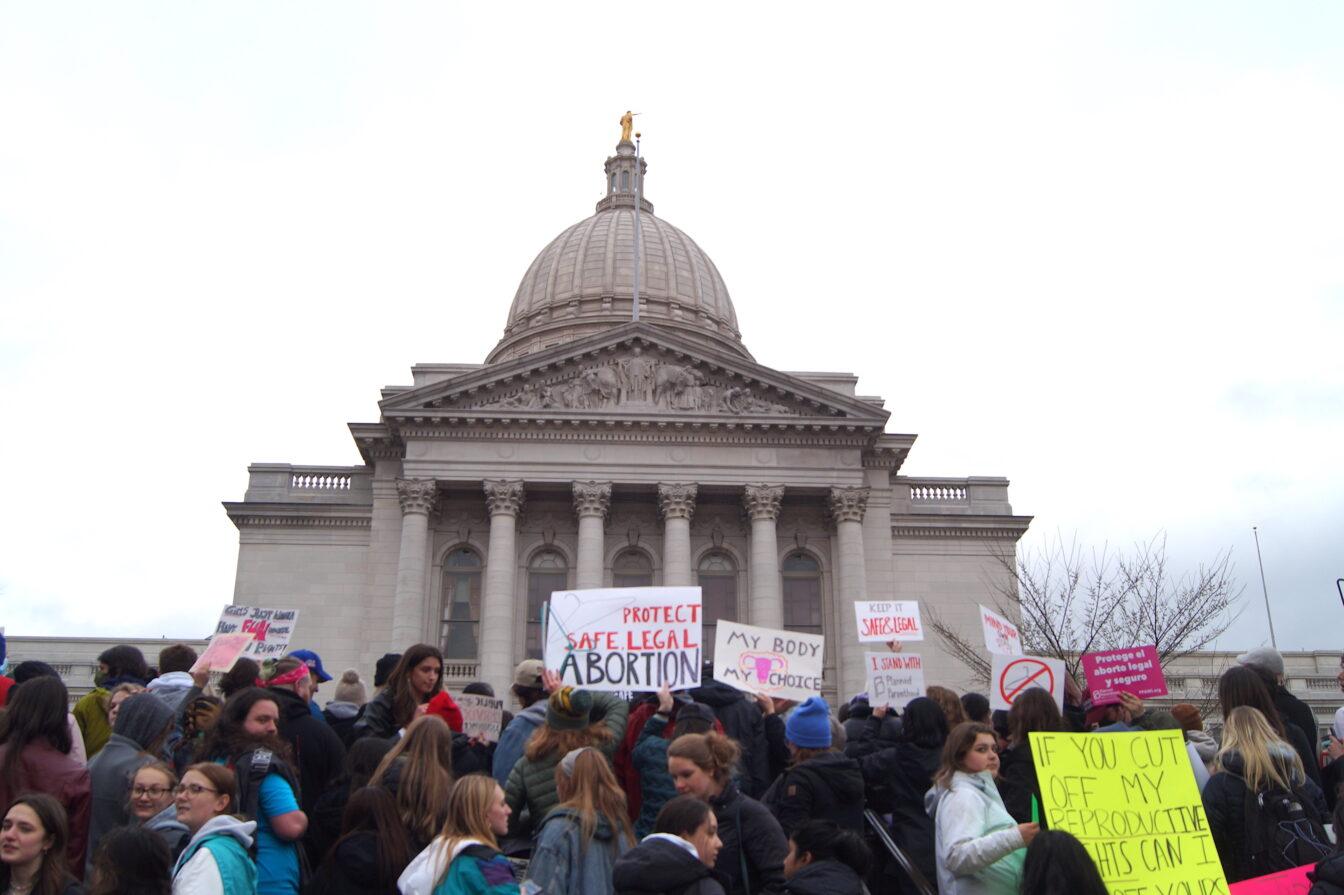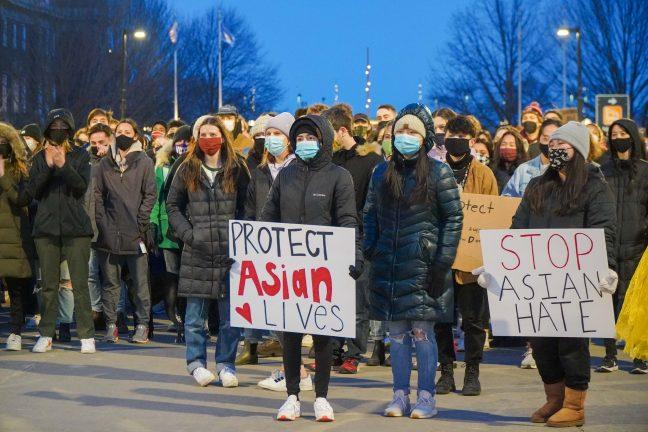The annual arrival of Columbus Day brings with it the question of replacing the controversial holiday with Indigenous Peoples Day. John Graber’s column “If you apply a 21st century standard to Columbus” stands in favor of Columbus Day. Though fiery and passionate, his point lacks simple logic and detracts from the larger issue: holidays are celebrations, and Columbus Day commemorates murder and the destruction of culture.
Graber thinly draws a moral equivalency between the violence found in a multitude of cultures (Aztec sacrifices, slavery in Sumer and cannibalism in Colorado) to the atrocities initiated by one man. These selections of violence, drawn from Graber’s collective grouping of “natives,” deems all indigenous peoples undeserving of a holiday.
If you apply a 21st century standard to Columbus, then you should to the Natives as well
So, if a person or group commits violent acts they are disqualified from national celebration, right? Graber’s description of Columbus’s “brutish” violence should then rid us of the scourge of his holiday. Yet, somehow our beloved Italian explorer is exempt from this logic, as the piece cheerfully concludes, “On with Columbus Day!”
Faulty logic and contradictory standards aside, Graber’s column highlights a problem in our country: confusing memory, memorialization and celebration with history. The core purpose of a national holiday is to celebrate and commemorate an event. Graber doesn’t offer an explanation, so it’s worth asking: What is the point of Columbus Day? Presumably to celebrate the “discovery of America.”
However, Graber himself admits that Columbus was the “last man to discover America.” We are then left with the glorification of a man directly responsible for the enslavement and sexual exploitation of indigenous people and indirectly for the exploitation of millions and the destruction of entire cultures.
State Rep. introduces ‘Indigenous Peoples Day’ legislation, looks to honor Native Americans
As it stands, Columbus Day silences indigenous peoples, confining them to a narrative of victimization, “otherness,” and inferiority. The call for Indigenous Peoples Day seeks to rectify this perspective by celebrating diversity and the contributions native peoples have made while appreciating a multitude of cultural traditions. Such a day calls attention to the suffering and loss that indigenous cultures experienced due to European invasion and American expansion, and highlights their persistence in spite of oppression.
Pulling away from a Euro-centric narrative opens a dialogue of thoughtful analysis and critical thinking — the task of all historians and students of history. It makes useless and emotionally charged debates deciding “who was worse.” With the hope that the future brings a deeper reflection of history and the people we glorify with statues and holidays, I say on with learning!
Celia Crifasi ([email protected]) is a Ph.D. student in the University of Wisconsin’s Department of History.














